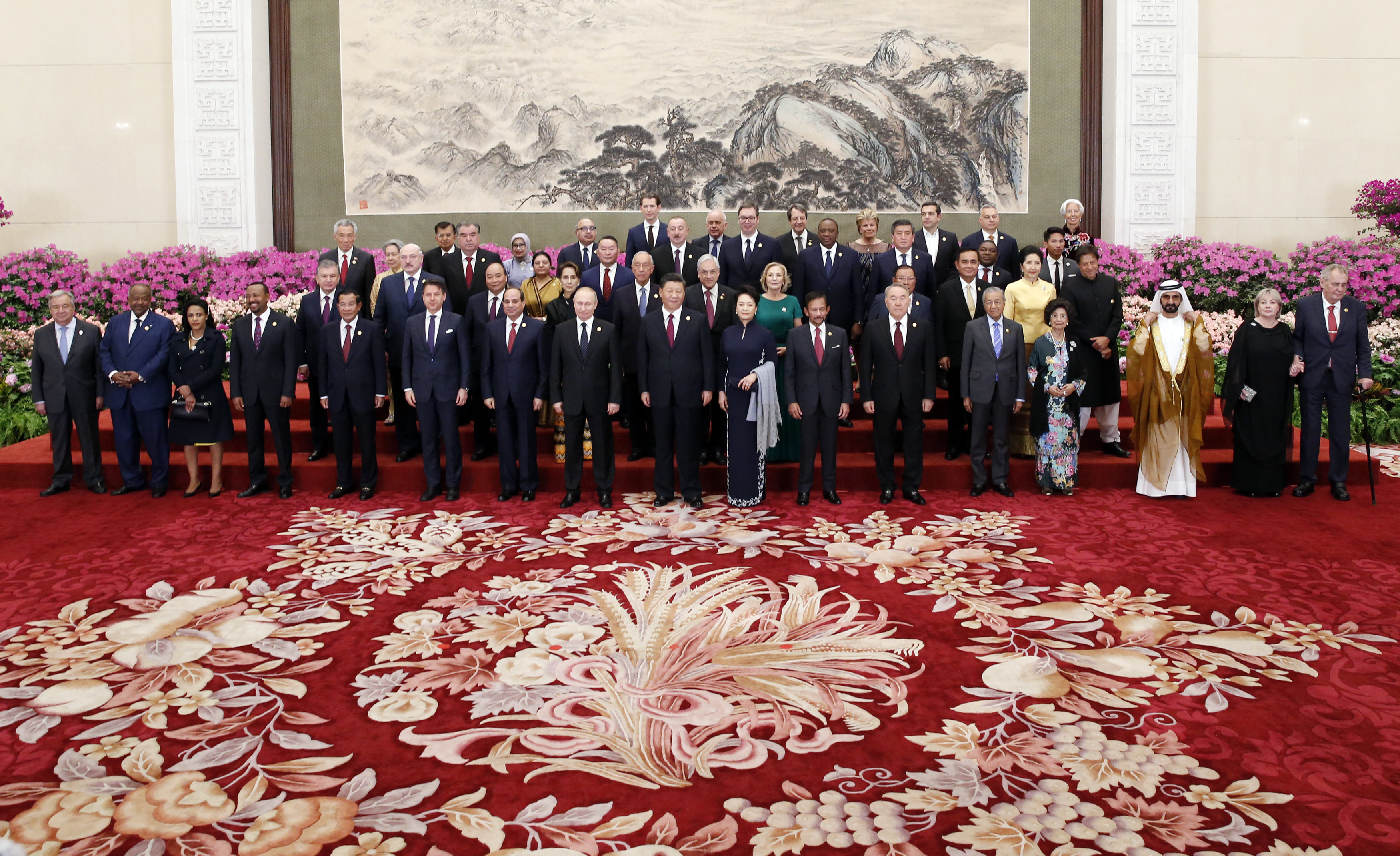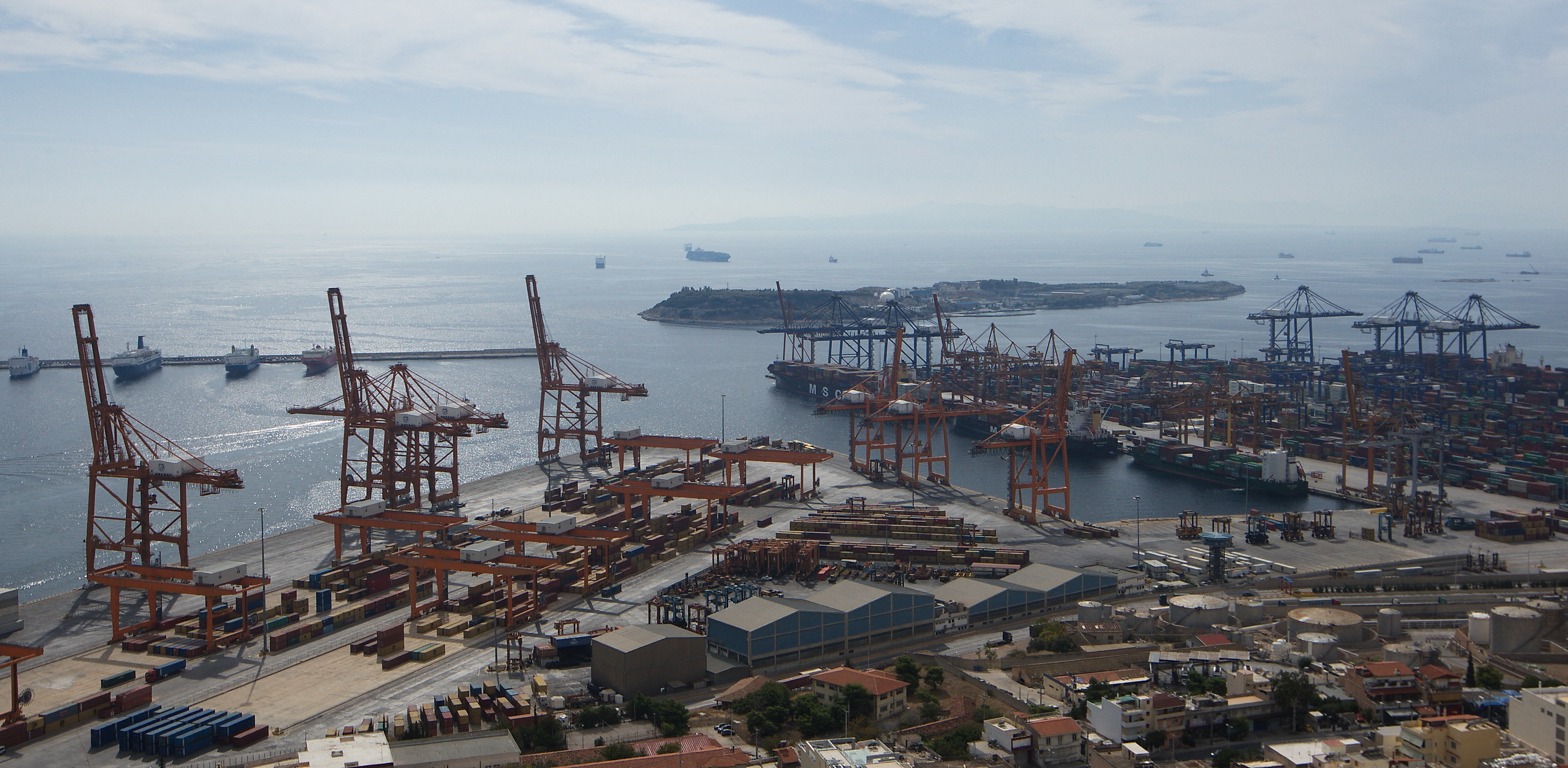

The initiative’s impact is evident in the accelerating expansion of the Brics grouping – Brazil, Russia, India, China and South Africa – whose members met in Johannesburg a month ago. Their efforts are strengthening links and economic interdependency between the developing economies across the Global South, with six new members set to join the grouping at the end of the year and more expected to follow, Dodwell noted.
Whatever the scepticism of outside observers, the overriding priority for China in conceiving and developing the initiative was economic. As Jin Liqun, chairman of the China-led Asian Infrastructure Investment Bank, said during the bank’s launch in 2016: “The Chinese experience illustrates that infrastructure investment paves the way for broad-based economic social development, and poverty alleviation comes as a natural consequence of that.”
As Dodwell wrote, China’s state-level view was that it was not adequate to provide the world’s poor with fish but instead to provide fishing nets and let the world’s poor fish for themselves.
